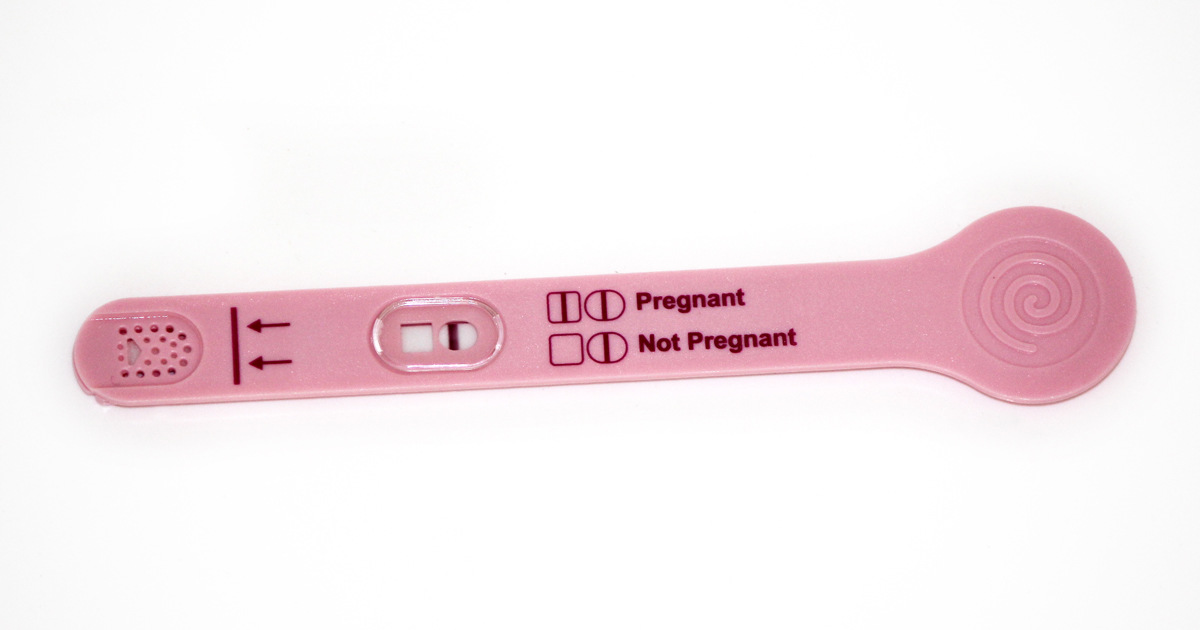Infertility is an obstacle to motherhood that catches most couples by surprise. Although infertility is not a recent development, discussing it can still be considered taboo and many misconceptions exist. For instance: Did you know an infertility diagnosis is not reserved for women alone? Male infertility factors contribute to approximately 30 percent of all infertility cases. Women and men are truly in this one together.
The World Health Organization defines infertility as "A disease of the reproductive system defined by the failure to achieve a clinical pregnancy after 12 months or more of regular sexual intercourse (and there is no other reason, such as breast feeding or postpartum amenorrhea). Primary infertility is infertility in a couple who have never had a child. Secondary infertility is failure to conceive following a previous pregnancy."
Dr. Valerie I. Shavell, Physician, Reproductive Endocrinology and Infertility at The Fertility Center, recommends women under the age of 35 schedule a fertility evaluation—and possible treatment—after trying to conceive for more than one year. Women who are 35 and older should schedule an evaluation after trying to conceive for six months.
There are many potential causes of female and male infertility. Thankfully, there are also many treatment options. Your course of treatment will depend on how long you have been infertile and the ages of you and your partner. Typical treatment for female infertility could include the use of ovulation stimulating drugs, intrauterine insemination (IUI), surgery or varying forms of in vitro fertilization (IVF). Male infertility treatment could include a course of antibiotics, medication or counseling to help improve fertility conditions, hormone treatments and medications, surgery or assisted reproductive technology.
Infertility affects couples in very emotional ways. Some who come into Dr. Shavell's office are depressed and anxious, while others are hopeful and excited. The Fertility Center has a licensed counselor on staff who meets with patients free of charge, and also runs a monthly support group called Exhale. As well, Shavell refers patients to online support groups such as Resolve, a national infertility association.
Shavell reminds her patients that they are not alone: "One in 8 couples have trouble getting pregnant or sustaining a pregnancy."
Click here to read more about the complexities of the perinatal process in the April/May 2016 West Michigan Woman magazine.
Written by Lisa Stickler, West Michigan Woman staff writer.
Photo courtesy of Lesli Lungren/FreeImages.com.




